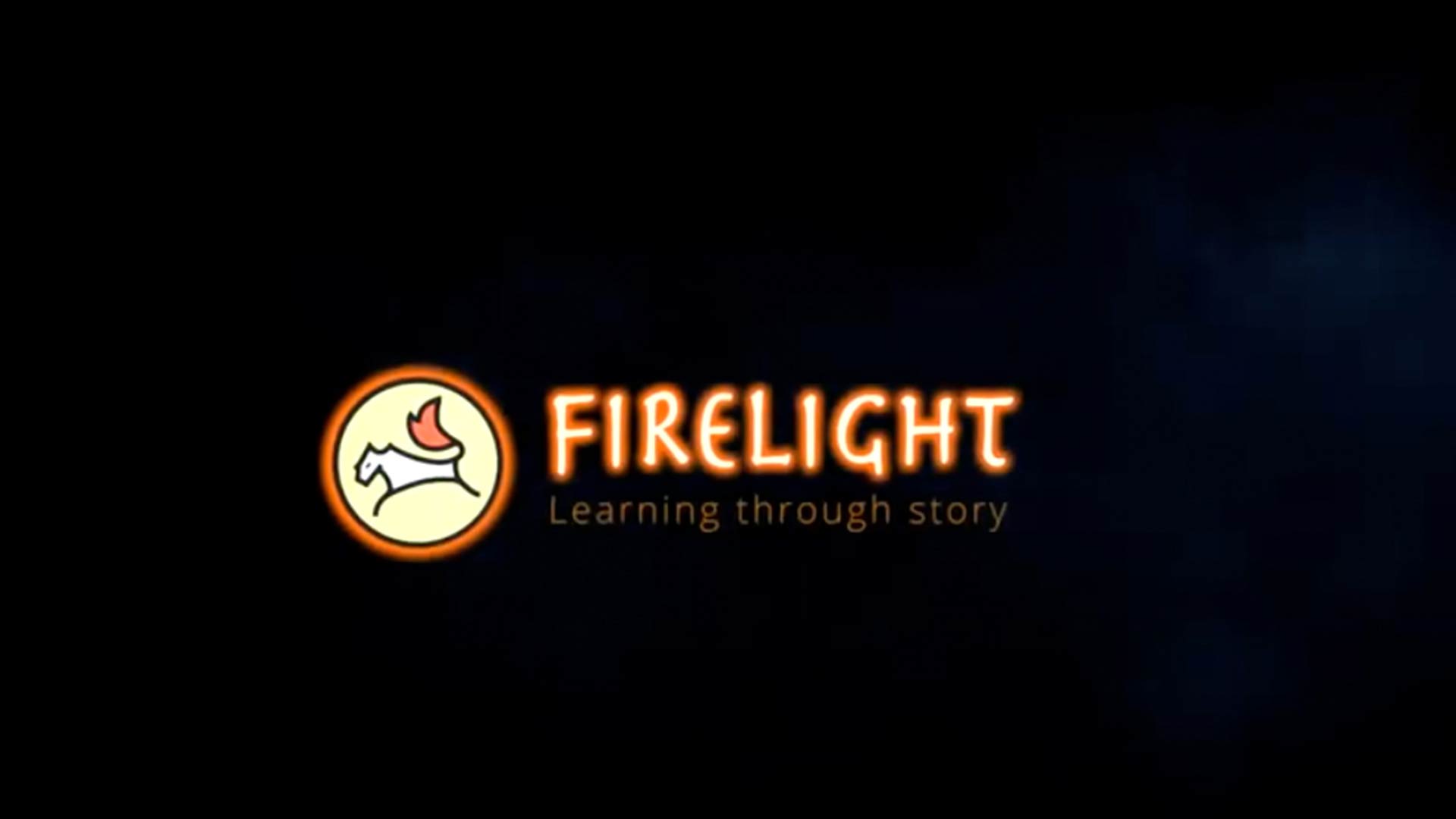
Project Firelight: Re-imagining Immersive Learning
A world of learning in need of reform
Project Firelight brought together two law academics; a learning designer; and a media producer to work together on a solution: adding value to online and bring RMIT students back where they belong.
The project team wanted to re-imagine learning, working on the theory that as a collective, society “lost its way” when it formalised learning, and that a new approach to learning is the dynamic reform that can unlock the potential of students at RMIT.
“Firelight is rediscovering the vital importance of story to education by linking the power of technology with rich multimedia and storytelling techniques, to create a new way of learning, based on 44,000 year-old principles,” said Neil Grant (Senior Learning Designer) who together with Keith Hibbert (Media Producer), Dr Tina Popa and Dr Jonathan Kolieb (Law academics, GSBL) make up the Firelight team.
“Passive learning and the age of transmissive education models are done for” Neil explained. “Students need to interact, to gain immediate feedback, to be immersed. They need to learn as much from their mistakes as they do from their successes.”
What’s the solution?
The project team has created Firelight, using the dynamics of game design to create an interactive storytelling platform that re-imagines how a student can retain information.
Firelight was piloted as a way of helping law students learn and understand certain concepts through storytelling. The Firelight team created a branching scenario prototype that tells the story of a young personal trainer suing a surgeon for medical negligence.
The prototype was created for Tina’s Law of Torts course, taught in the Graduate School of Business & Law’s Juris Doctor program. The narrative branches and weaves its way through beautiful custom video and still imagery with key parts highlighted by professionally recorded audio.
Along the way, the user is introduced to complex characters and has to make decisions based on current knowledge and emotional intelligence.
For an introduction to Project Firelight, you can watch the full project team in this video:

Firelight - learning through story
Project Firelight brought together two law academics; a learning designer; and a media producer to work together on a solution: adding value to online and bring RMIT students back where they belong.
Tapping into the digital revolution
A discussion between Dr Jonathan Kolieb and Neil Grant led to Project Firelight being developed as part of the College of Business and Law’s Innovation Jam. After receiving many submissions on how to innovate within the college – all created by the college’s own people – the project teams that had their proposal endorsed were invited to participate in a workshop run by RMIT Activator where they learnt how to develop their ideas into a useful product offering.
“The Project Firelight team learned much about the innovation process, gaining valuable insight into ideating, prototyping, considering markets, creating a business case and pitching,” said the project team.
“We learned how to collaborate effectively during the time of COVID through video meetings, file sharing, email and chat. We learnt about the strengths and limitations of H5P. We learned how to streamline our pre-production and production processes and created templates that will make our work easier and quicker next time,” they said.
“Most importantly, we learned that you can have fun while still getting the job done!”
Society now has access to unprecedented technology, particularly that which allows us to create virtual experiences so life-like that they actually allow us to have life experiences from the comfort of our own home.
In the short-to-medium term, the team hopes to continue to develop a suite of Firelight offerings and expand to several courses within the Juris Doctor program.
Project Firelight asks us to re-imagine the way we learn, aiming to harness the spirit of human aspiration to increase our capacity for information retention, and create endless possibilities.
By tapping into our old-as-time thirst for immersive narrative experiences, RMIT can create a world where students can make a virtual leap into their own future.


Acknowledgement of Country
RMIT University acknowledges the people of the Woi wurrung and Boon wurrung language groups of the eastern Kulin Nation on whose unceded lands we conduct the business of the University. RMIT University respectfully acknowledges their Ancestors and Elders, past and present. RMIT also acknowledges the Traditional Custodians and their Ancestors of the lands and waters across Australia where we conduct our business - Artwork 'Sentient' by Hollie Johnson, Gunaikurnai and Monero Ngarigo.
More information